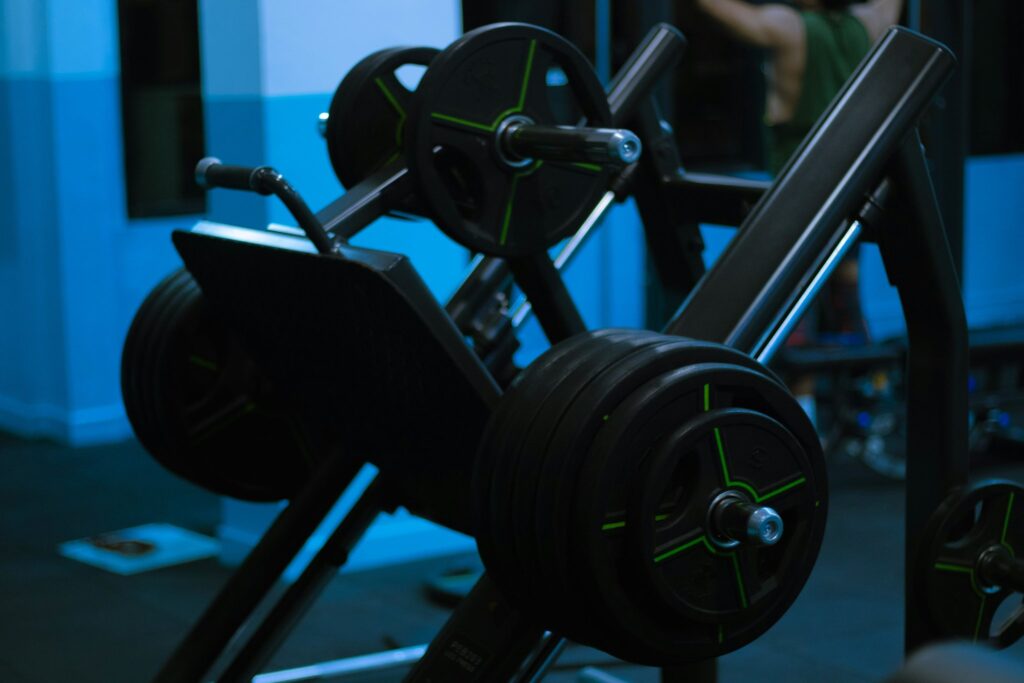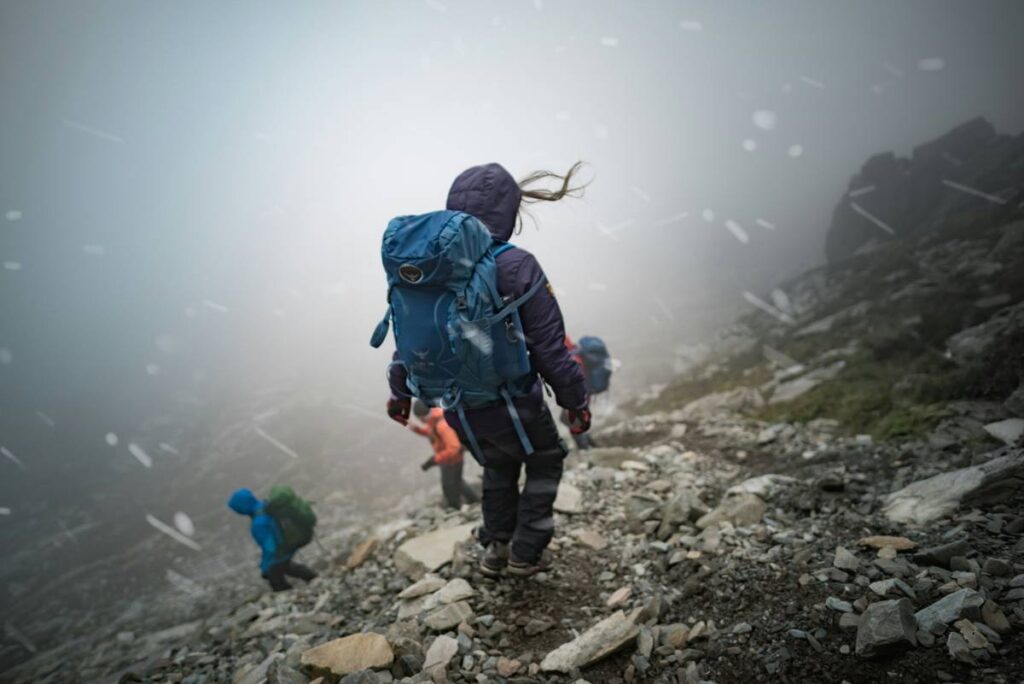“Ever wondered why that steep trail feels like a personal trainer screaming at you—only better?” If so, you’re not alone. Many fitness enthusiasts are ditching the gym for hiking because it’s an effective way to burn calories, sweat out toxins, and enjoy nature all at once. But here’s the truth bomb: Not every hike burns the same number of calories or triggers the same “sweat loss” effect. So how do you maximize your hiking sweat loss while staying healthy? Let’s dig in.
In this post, we’ll tackle why hiking sweat loss is crucial for weight loss and overall health. You’ll learn tips for optimizing your hikes, common mistakes to avoid (spoiler alert: wearing cotton socks can ruin everything), and even hear about my embarrassing first attempt at hiking—it involved chafing, a candy bar binge, and zero planning. Buckle up!
Table of Contents
- Key Takeaways
- Why Hiking Sweat Loss Matters
- Steps to Master Hiking Sweat Loss
- Pro Tips for Maximizing Results
- Real-Life Success Stories
- FAQs About Hiking Sweat Loss
Key Takeaways
- Hiking accelerates sweat production, which helps you burn calories and detoxify naturally.
- The intensity and duration of your hike directly impact sweat loss and calorie burn.
- Avoid rookie mistakes like improper gear, dehydration, and skipping warm-ups.
- Pair hiking with other lifestyle changes (like eating clean) for optimal results.
Why Hiking Sweat Loss Matters
Let’s start by addressing the big question: Does sweating actually help you lose weight? The short answer is: Sorta. Sweating itself doesn’t melt fat, but it does indicate effort—and when paired with elevated heart rates from activities like hiking, it means you’re burning energy. Plus, there are added perks:
- Sweating flushes out toxins through your pores.
- It regulates body temperature during intense physical activity.
- Increased sweat equals increased metabolic demand—a must-have combo for weight loss.
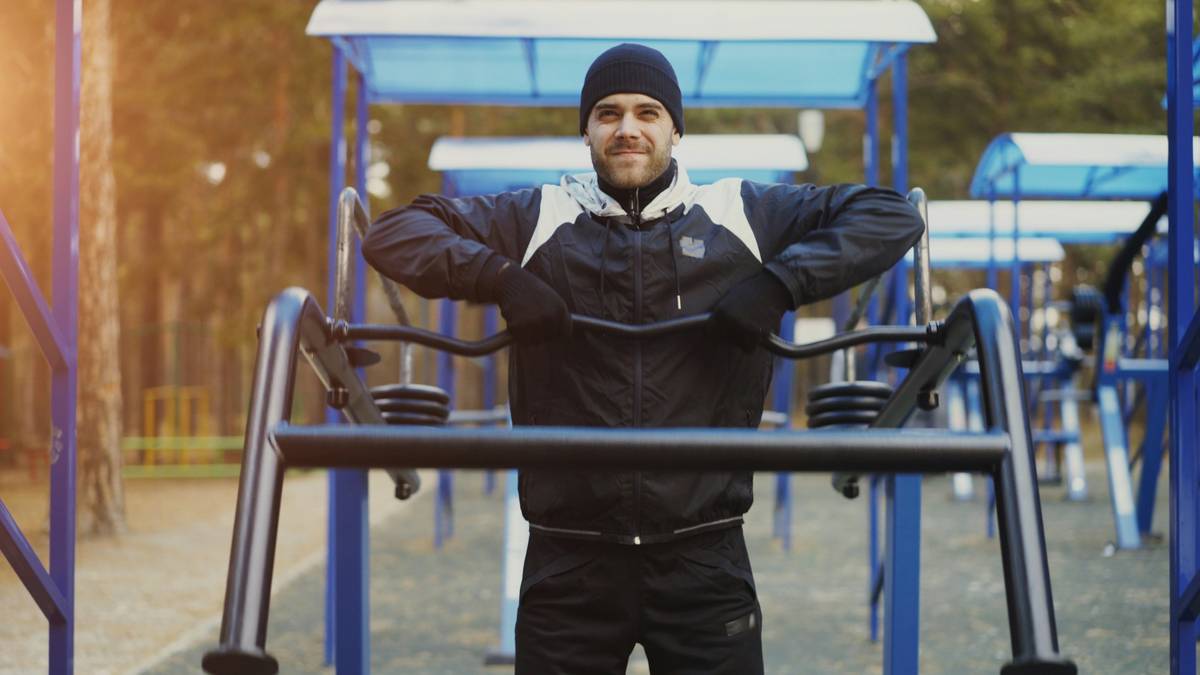
To give some perspective, studies suggest that hiking uphill at moderate speeds can burn anywhere from 400–600 calories per hour depending on your weight and pace. That kind of burn is enough to make anyone rethink their Netflix binges.
But what if I told you that my initial foray into this world ended disastrously? Picture this: A cocky newbie (me), dressed in jeans and flip-flops, trying to conquer a mountain trail. Result? Blistered feet, sunburnt shoulders, and one melted Snickers bar clinging to my pocket. Moral of the story? Prep matters—an important lesson I’ll share more about later.
Steps to Master Hiking Sweat Loss
Step 1: Choose the Right Trail
Optimist You: “Any trail will work, right?”
Grumpy Me: “Wrong. Pick a boring flat path, and you might as well be strolling through Target.”
If maximizing sweat loss is your goal, look for trails with inclines. These challenges force your muscles to engage harder, spiking your heartbeat and increasing perspiration levels dramatically. Apps like AllTrails can help you find suitable routes based on difficulty level and elevation gain.
Step 2: Gear Up Properly
No, I’m not talking about those neon-colored backpacks from middle school. Invest in moisture-wicking clothing, sturdy boots, and breathable layers. Avoid cotton—it traps sweat against your skin, leading to irritation and discomfort.
Step 3: Hydrate Before, During, and After
Here’s where most hikers (including past-me) mess up: They forget water. Dehydration turns hikes into torture sessions faster than you’d think. Start hydrating hours before hitting the trail and bring along reusable bottles filled with electrolyte-rich drinks.
Step 4: Warm Up and Cool Down
A quick five-minute stretch before starting saves you from mid-hike cramps. Likewise, cooling down after prevents muscle stiffness.
Pro Tips for Maximizing Results
- Intervals Are Key: Alternate between brisk climbs and slower recovery walks to keep your metabolism revved.
- Add Weight: Carry a light backpack with essentials—the extra load increases calorie expenditure.
- Lift Your Legs: Focus on high knee movements during ascents to activate core muscles.
- Listen to Your Body: Push yourself, but don’t overdo it. Fatigue leads to poor form, which invites injuries.
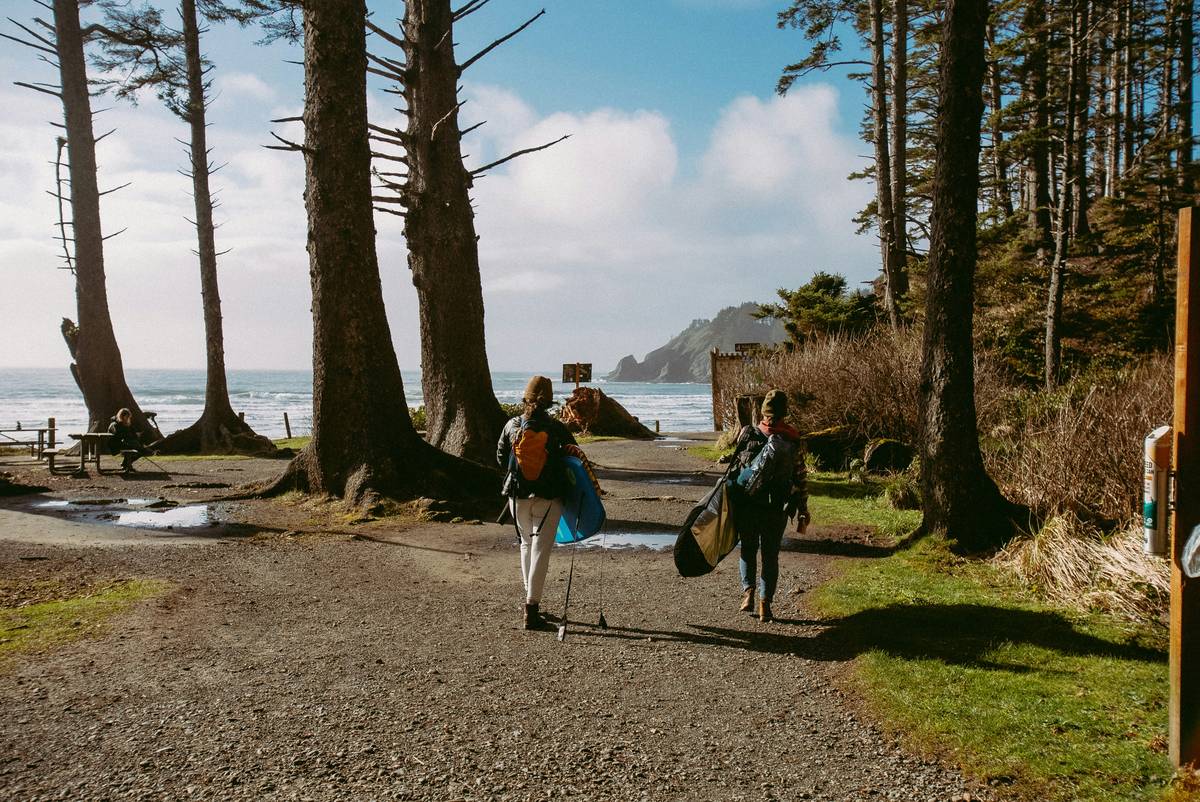
Terrrible Tip Alert: Some sources claim saunas post-hike boost weight loss. Don’t fall for this gimmick unless you want fainting spells masquerading as “detox.” Just stick to steady exercise routines instead.
Real-Life Success Stories
Meet Sarah, a former couch potato turned weekend warrior. She started hiking two years ago to combat stress and lost 35 pounds within her first year. Her secret? Incorporating tougher terrain gradually without letting herself quit halfway. “The hills hated me at first,” she jokes, “but now, they’re my best friends.”
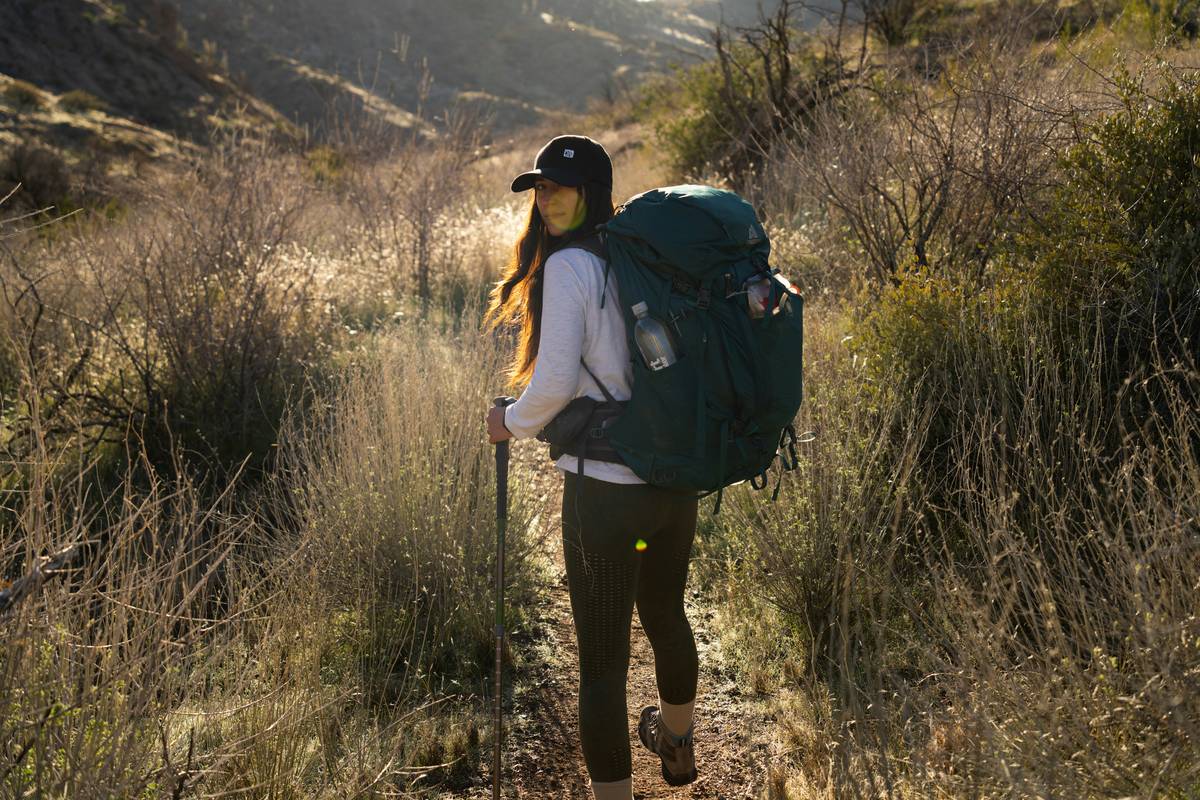
FAQs About Hiking Sweat Loss
Q: Does everyone sweat the same amount during hikes?
Nope. Factors like fitness level, climate, clothing, and hydration status influence sweat output. Beginners may sweat less due to lower exertion levels.
Q: Can excessive sweat cause problems?
Potentially. Overheating or failing to replenish fluids could lead to heat exhaustion. Always carry water and monitor signs like dizziness.
Q: Is hiking better than running for sweat-induced fat loss?
Both have pros and cons. Running typically burns more calories per minute, but hiking offers joint-friendly low-impact movement plus scenic views.
Q: Should I shower immediately after hiking?
While scrubbing off dirt feels refreshing, give your body time to regulate its temperature post-sweat session. Otherwise, sudden cold shocks can irritate sensitive skin.
Conclusion
Ditch the gym memberships and step outside. With strategic planning and consistent effort, hiking sweat loss can become a cornerstone of your weight loss journey. Remember to pick challenging trails, invest in proper gear, stay hydrated, and listen to your body. And maybe skip the candy bars next time you’re summiting—you’ve earned smarter snacks!
Final note: Think of hiking like Pokémon Go—gotta catch ‘em all (the trails, that is). 🚶♀️🏔️ Now go lace up those boots and hit the trails!
Bonus haiku:
Sweaty trails await,
Nature whispers, “Keep going,”
You’ll thank yourself soon.

